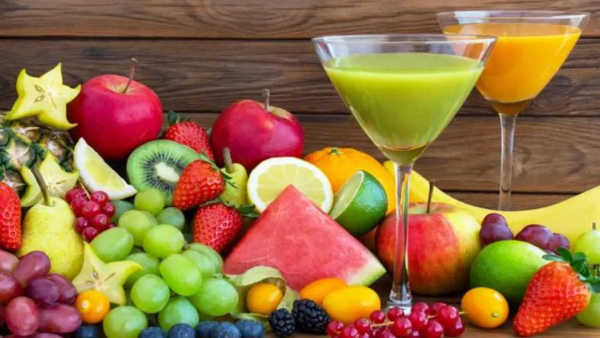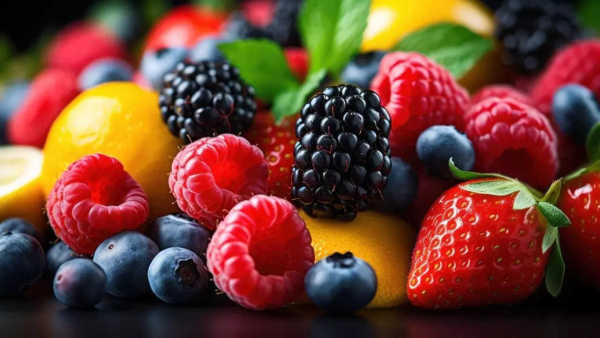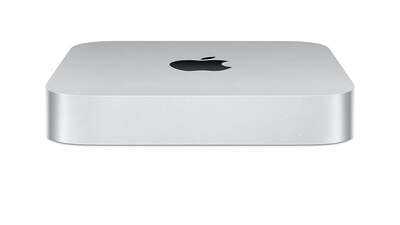
Let’s get real here. When it comes to choosing between whole fruits and fruit juices, the decision isn't as sweet as it might seem. It’s not that most of us don’t like eating whole fruits. After all, fruits are a key element in a healthy diet that promotes overall wellness. They offer numerous health benefits, including reducing the risk of chronic diseases like heart disease and diabetes, improving digestion, and providing essential vitamins and minerals. They are a good source of fiber, antioxidants, and phytonutrients, all of which contribute to overall well-being. But no matter how strong a case whole fruits make, sometimes we opt for fruit juices instead. Why? A bit more convenient, can be consumed on the go, and definitely, a tad bit tastier.
But the scientific truth is, while fruit juices can be refreshing, whole fruits offer a plethora of health benefits that juices simply can't match. Juices can be a tasty treat, but they don't offer the same health benefits as whole fruits.
Let's delve into the reasons why biting into a crisp apple or peeling an orange is a better choice than sipping on fruit juice. So, read up, and next time you're thirsty, reach for a whole fruit instead of a glass of juice—you'll be doing your body a favor!

Whole fruits are packed with fiber; juices are not
One of the most significant advantages of whole fruits is their fiber content, which plays a crucial role in digestion, helping to regulate bowel movements and prevent constipation. It also contributes to a feeling of fullness, which can aid in weight management. Juicing removes most of the fiber found in fruits, leaving behind a sugary liquid that can lead to rapid spikes in blood sugar levels. This lack of fiber in juices means they don't provide the same digestive benefits or satiety as whole fruits.
Juices can cause blood sugar spikes
Now, this one’s a bummer, but it – once again – is a scientific truth. Consuming fruit juice can lead to quick increases in blood sugar levels due to its high glycemic index. Without the fiber to slow down sugar absorption, juices can cause rapid spikes and crashes in blood sugar, potentially leading to energy slumps and increased hunger. Whole fruits, on the other hand, have a lower glycemic index and release sugars more slowly into the bloodstream, helping to maintain stable energy levels.

Whole fruits provide more nutrients
The process of juicing often removes the skin and pulp of fruits, which contain a significant amount of vitamins, minerals, and antioxidants. For example, the skin of apples and pears is rich in fiber and antioxidants that are lost during juicing. By consuming whole fruits, you ensure you're getting the full spectrum of nutrients they offer.
Whole fruits are lower in calories
Whole fruits are naturally low in calories and high in water content, making them a great option for those looking to manage their weight. The fiber in whole fruits also helps you feel full longer, reducing the likelihood of overeating. Juices, however, are calorie-dense and can lead to consuming more calories than intended, especially when consumed in large quantities.

Whole fruits are less likely to contain added sugars
Many commercially available fruit juices contain added sugars and preservatives to enhance flavor and shelf life. These added sugars can contribute to various health issues, including obesity and type 2 diabetes. Whole fruits contain natural sugars along with fiber, which helps mitigate the impact on blood sugar levels.
Juices can be deceptively caloric
It's easy to consume a large number of calories through juice without realizing it. For instance, it takes several oranges to make a single glass of orange juice, resulting in a high-calorie beverage that lacks the fiber and nutrients of the whole fruit. Whole fruits provide the same nutrients with fewer calories and greater satiety.

Whole fruits support oral health
Chewing whole fruits stimulates saliva production, which is essential for maintaining oral health. Saliva helps neutralize acids in the mouth and wash away food particles, reducing the risk of tooth decay and cavities. In contrast, fruit juices can be acidic and sugary, which can erode tooth enamel and contribute to dental problems if consumed frequently.
Whole fruits are better for gut health
The fiber in whole fruits acts as a prebiotic, feeding the beneficial bacteria in your gut. A healthy gut microbiome is essential for overall health, influencing everything from digestion to immune function. Juices lack this fiber and, therefore, don't support gut health in the same way.

Whole fruits are more convenient
Whole fruits are portable and require little to no preparation, making them an easy and convenient snack option. Juicing, on the other hand, requires time to prepare the fruit, juice it, and clean the equipment, which can be time-consuming and quite inconvenient.
Whole fruits are more satisfying
Eating whole fruits requires chewing, which not only aids in digestion but also gives your brain time to register fullness. This process can help prevent overeating and promote a healthier relationship with food. Juices, being liquid, pass through the digestive system quickly and don't provide the same sense of satisfaction.
Video
-
Mumbai EOW Busts ₹2.4 Crore Loan Scam Involving Fake Konkan Railway Employees; TV Actor Abhijeet Deshmukh Among Accused

-
Can You Claim HRA and Home Loan Benefits Together? Here's How Tax Rules Work Under Old vs New Regime

-
Apple Launches Free Repair Program For Select 2023 Mac Mini M2 Models

-
Redmi Pad 2 Launched In India, Will Go On Sale On June 24: All Details

-
Texas Instruments announces $60B investment in US chip manufacturing
